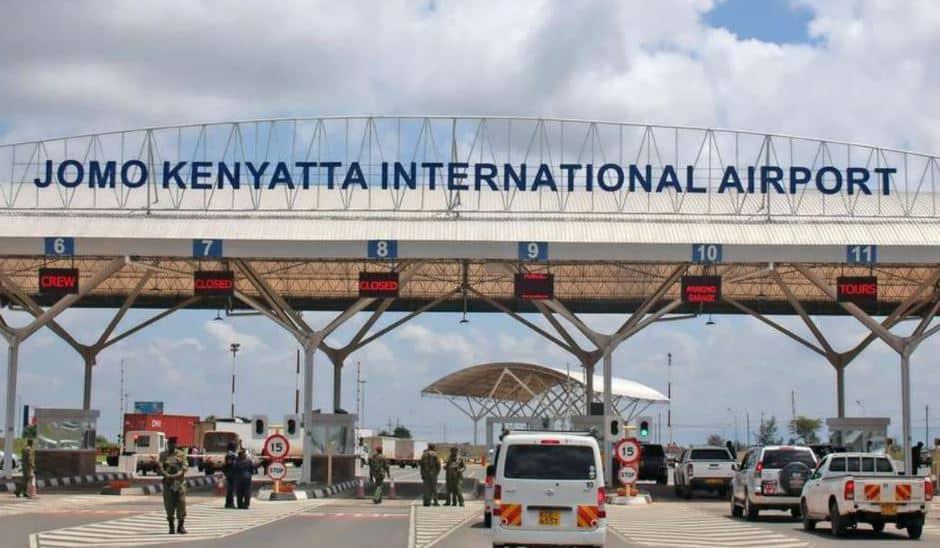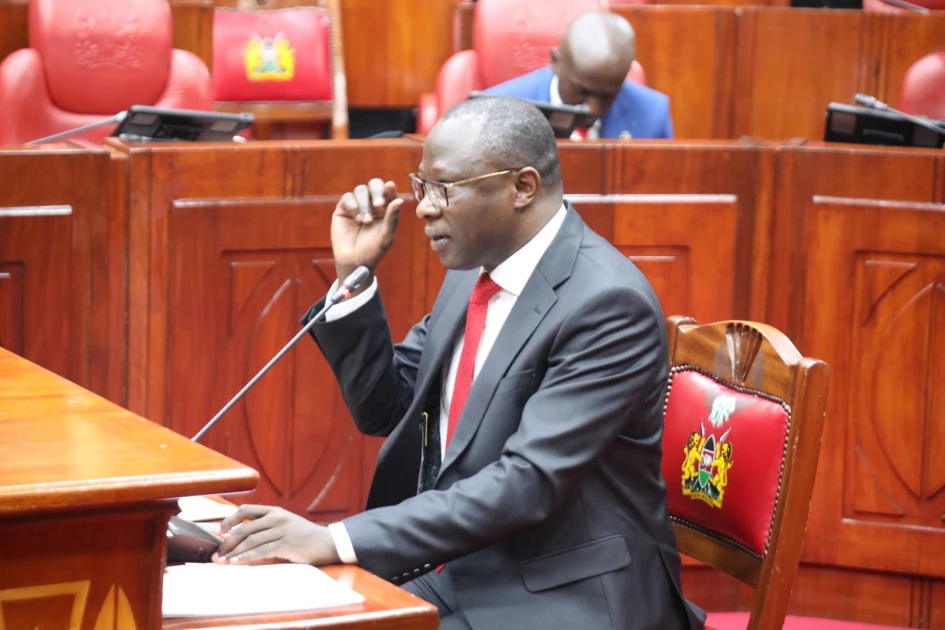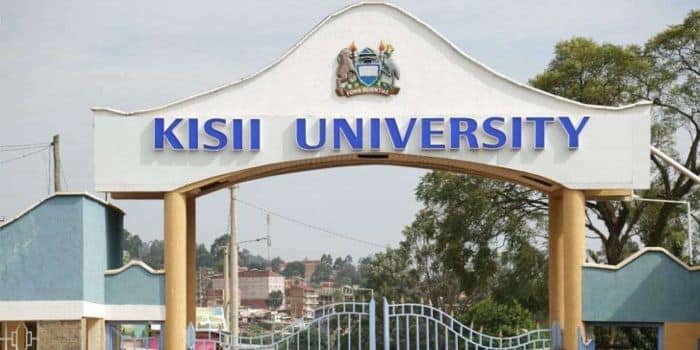Health Cabinet Secretary Dr. Deborah Barasa has addressed concerns raised about contributions paid to the Social Health Insurance Fund (SHIF) by Kenyans registered Social under the Social Health Authority (SHA).
CS Barasa while speaking in an interview on December 10, 2024, gave a way forward on appeals by Kenyans uncomfortable with the SHIF contributions paid monthly. She was responding to a Kenyan concerned about why they must pay Ksh1,030 to SHIF instead of Ksh300.
The Ministry of Health in a Public Legal Notice No.146 of 2024 published the tariffs for health services in which all employers were required to register with SHA and begin making contributions to the SHIF.
Further, employers were mandated to register their employees with the Authority. For Salaried individuals, the contributions amount to 2.75% of one’s gross salary with a minimum contribution of Ksh300 per month and no maximum contribution.

For non-salaried persons, contributions amount to 2.75% of annual household income with a minimum contribution of Ksh300 per month and no maximum contribution.
CS Barasa addresses concerns over SHA contributions
The new public healthcare system has, however, been the subject of controversy and criticism over its dysfunctional rollout including monthly contributions by Kenyans since it was launched in October to replace the now-defunct National Hospital Insurance Fund (NHIF).
CS Barasa in an interview on KTN while addressing Kenyans who have raised concerns over their monthly SHIF contributions on Tuesday advised them to contest, adding that the Ministry will look into each case.
“In case you’re not comfortable with that, just contest and we will look into it,” she said.
While commenting on how long it would take for such cases to be addressed the CS added, “We will be monitoring the turnaround time but what it will involve is for someone to come and validate to ensure that the concerns are really in synchrony with what someone has shared.”
Also Read: Ruto Speaks of Cancelling SHIF Over Adani Connection
According to Barasa, only about 2% of Kenyans have so far appealed their contributions.
She said this while assuring Kenyans that SHIF will significantly lower the cost of health care for poor households in the country.
To clear confusion regarding SHIF and Taifa Care, the CS noted that Taifa Care is the umbrella body that houses SHIF.
“Taifa Care is the overall Universal Health Coverage. Community Health Level, Primary Care, all levels of care, looking at the health products, human resources for health, and an enabling environment which is the digital health platform; that whole system is Taifa Care,” she remarked.
Rollout
When SHA was officially rolled out, the government developed a means-testing tool targeting informal sector contributors to SHIF for deployment.
The means-testing instrument is used to gauge household income, deducted at 2.75 percent among those in the informal sector.
Further, the instrument is based on various socio-economic aspects including housing characteristics, access to basic services, household composition and characteristics.
Other aspects include information obtained from a beneficiary’s use of mobile telephony services, banking & micro-finance transactions, Credit Reference Bureau (CRB) data, retail/consumer transactions, business income, utility data and any other information that could be used in the determination of income.
How Means Testing for SHIF works
The outcome of the income estimation score is used to calculate the SHA Insurance Premium paid by the contributor/household. In addition, means testing is used to determine proxy income based on expenditure patterns.
Also Read: Why Omtatah Wants SHA Rollout Stopped
For salaried employees, contributions are based on their salaried income while contributions for non-salaried income earners are determined using the means testing hence payment comes after means testing.
In turn, those whom the means testing tool determines to fall in or below contributions of Ksh300 contribute the base premium of Ksh300.
The government also contributes to those who apply for a subsidy if they fall below this threshold.
For salaried/payroll employment households whose income is not derived from salary, contributions are made by an annual contribution as determined by the means testing instrument.
In the case of households in need of financial assistance as determined by the means testing instrument, the government subsidizes at a rate from funds appropriated by Parliament and County Assemblies for that purpose.
Follow our WhatsApp Channel and join our WhatsApp Group for real-time news updates.











































































